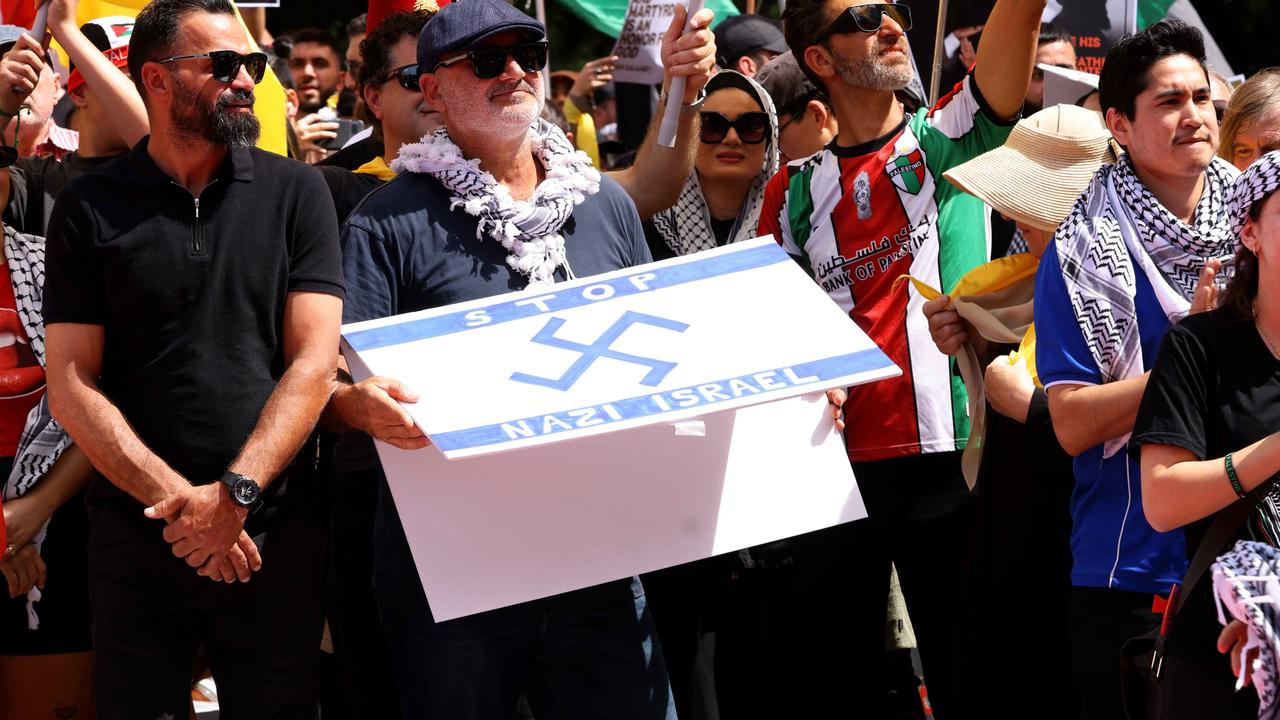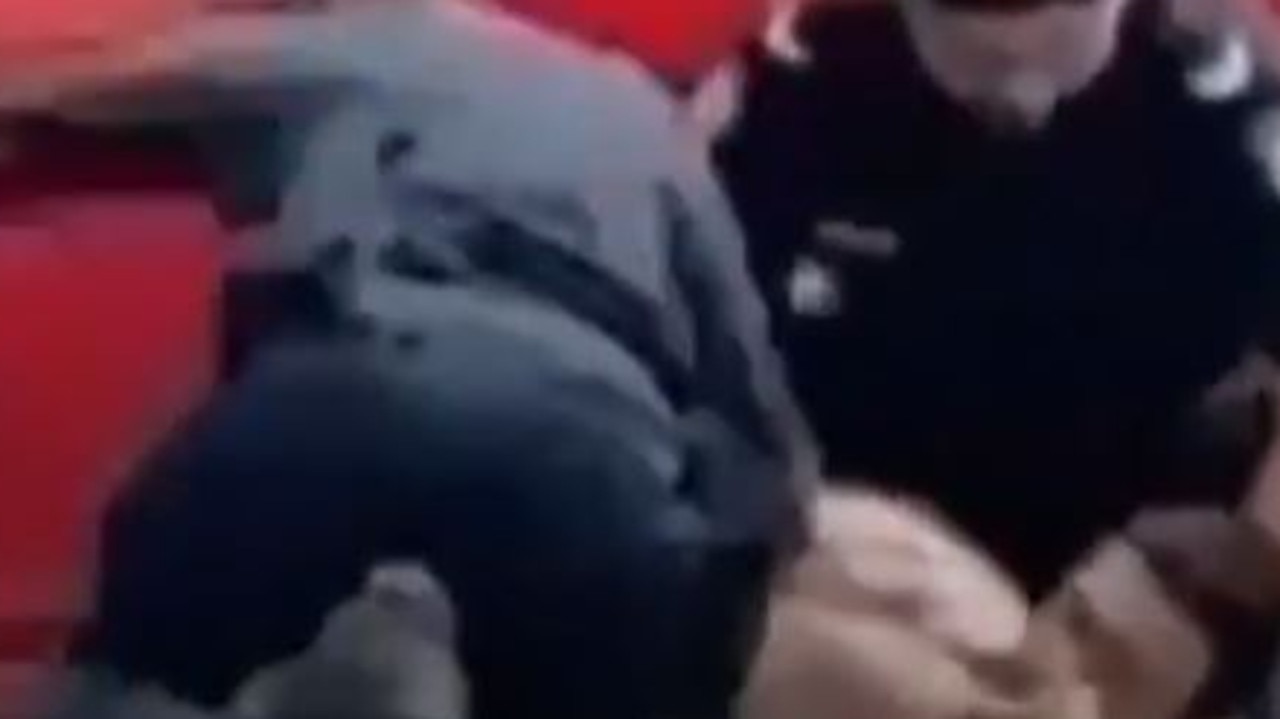Rowland Legg: The highs and lows of protecting Premier Kennett
Premier Jeff Kennett had to arrive bang on time for the opening of Crown. The cop assigned to protect him had to negotiate peak-hour traffic. What could possibly go wrong?
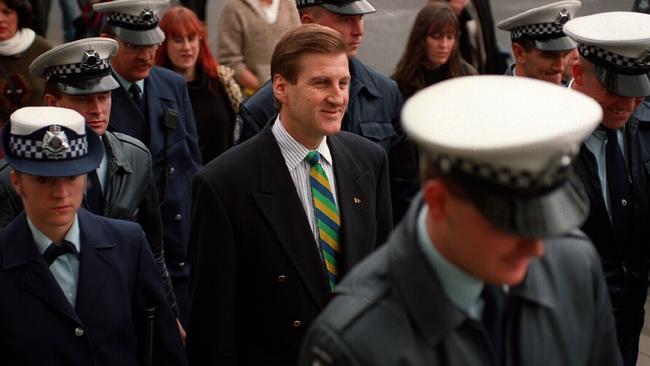
Police & Courts
Don't miss out on the headlines from Police & Courts. Followed categories will be added to My News.
Rowland Legg is one of Victoria’s most experienced murder investigators. In a new series he delves into some of his strangest and most challenging cases.
By 1989 I had been attached to the St Kilda CIB for four years as a detective sergeant. It was a very different area to the St Kilda of today.
We had a great team of very competent and dedicated detectives, including a young bloke with potential by the name of Shane Patton.
I had thoroughly enjoyed my time there. It was extremely busy and I had not previously spent much time at a suburban criminal investigation unit.
Early in that year one vacancy appeared in the Police Gazette which encouraged me to move on. It was the senior sergeant role at the Counter Terrorist Intelligence Section (previously the Special Branch).
The unit had and still has, after further name changes, a broad range of responsibilities, principally regarding politically-motivated violence.
These included the provision of threat assessments on and security of such figures as senior public office holders, internationally protected persons, heads of foreign missions and visiting dignitaries.
I had a keen interest in the work of the unit and was successful with my application.
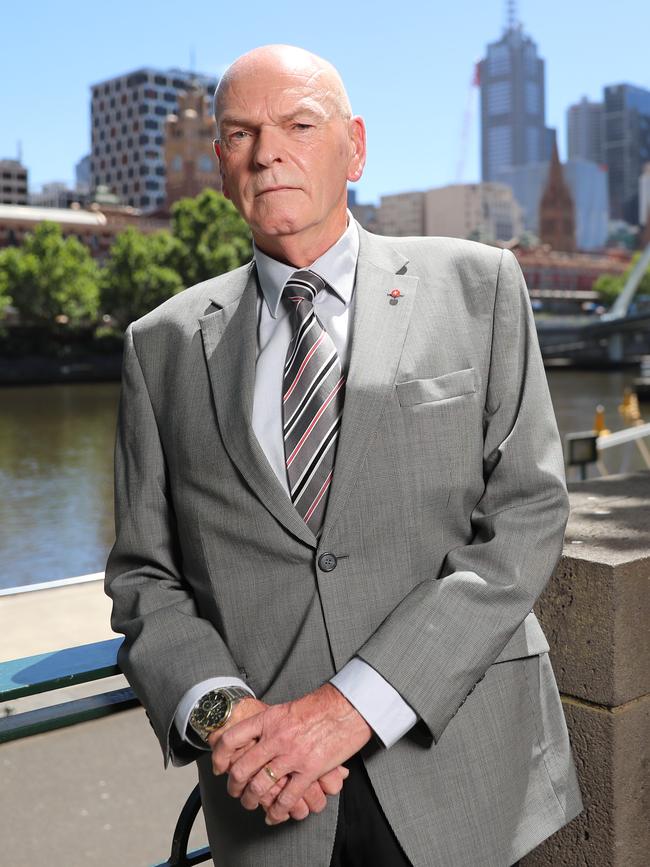
Ultimately though, my hope was to at some stage return to the Homicide Squad as a senior sergeant, leading a crew. That occurred in late 1994.
Our Deputy Commissioner (Operations), John Frame, played a significant role on a national committee relating to protection against politically-motivated violence. It consisted of high-ranking police from all Australian police forces and representatives of relevant national agencies.
The co-ordinating office was within the Federal Attorney General’s Department in Canberra. An AFP officer was based there, however Mr Frame was keen to also have a state forces’ representative seconded.
In 1991 I was asked to take that position for a period of eighteen months (later extended to two years). My wife agreed and we moved to Canberra.
I was regularly travelling, sometimes for a week or more at a time, and she did a magnificent job in an unfamiliar environment caring for our two young sons, both of whom were below school age when we arrived.
By the time I resumed duty at the CTIS in Melbourne in early 1993, the Kennett Government had been elected and had inherited what has been described as a financial nightmare.
Difficult, and in some quarters most unpopular, decisions were being made to repair the state’s finances.
These were resulting in a variety of threats, many directed to the Premier. It was decided a greater focus on his security was required and that I would be responsible.
Many security measures were put in place, including his daily programs being provided for assessment, as to, for example, any need for a police presence at public appearances along with the nature and extent of that presence.
Mr Kennett was not always in agreement with the number of police thought necessary, preferring security to be low-key. However, often begrudgingly, he accepted the result of the assessments.
On occasions we would accompany him.
On 30 June, 1994, a most significant event was to occur, the opening of Melbourne’s first casino.
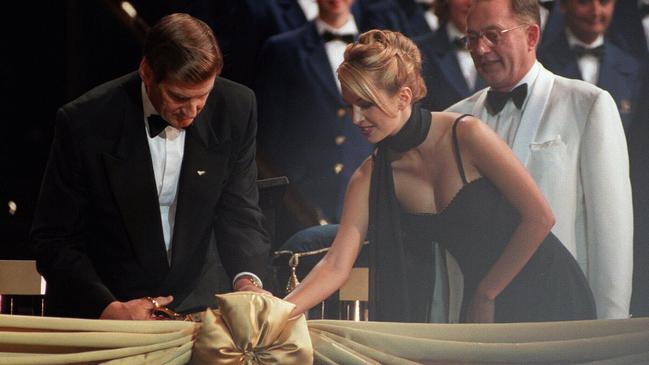
Crown Casino was to temporarily be housed in the World Trade Centre building in Flinders Street, while the permanent building was under construction on the other side of the river.
There were to be 2000 invited guests and 2000 prize winners at the opening ceremony.
Mr Kennett agreed to our accompanying him and extensive security measures, including a large police presence, were arranged. Nothing could be allowed to go wrong!
At 6.20pm on the day before the event, I received a telephone call from the Premier’s program secretary.
Mr Kennett was becoming concerned regarding peak-hour traffic. He was requesting a “blue light escort” to the opening of the casino as he must arrive at a specific time.
I expressed my surprise in view of his usual preference for understated security and told her we could arrange for all traffic control signals to be set to “green” along the route. Additionally, we would be in the vehicle following. Five minutes later came the reply – “The Premier is worried about traffic ahead.
He would prefer blue lights”. The matter was left pending overnight.
For such an escort, the minimum safety requirement was a pilot car and five motor cycles (“Special Solos”).
By 10am the next morning they were arranged. All traffic signals along the route were to be set to green from the time we left for the World Trade Centre and police from the then City Patrol Group would be present at intersections. Nothing could go wrong?
I then informed the Premier’s Chief of Staff of the arrangements and all was agreed. By 10.30am it was clear there was not total agreement. Mr Kennett thought the involvement of the “Special Solos” was overkill.
Then began numerous calls backward and forward, with suggestions relayed from him that I was being “difficult”.

“Could he just have two motorcycles then?”
For safety reasons there could be no compromise. It was made clear that they would need to leave Brunswick by 4.30pm if required.
By early afternoon there was no resolution and he was going to a dental appointment. At 4.20pm his program secretary reported that “he must have been given gas” as he was now agreeing to a pilot car and five motorcycles.
At 5.30pm we were on Collins Street with all traffic lights ahead displaying green. As we approached Exhibition Street there was something of a problem. A BMW, without warning, suddenly executed a “U” turn, colliding with the lead solo ridden by Sergeant Peter Sharp.
We all came to a sudden halt. Two other observations remain clear in my mind.
Paper being raised from the front passenger seat of the Premier’s vehicle, which I suspect may have been his proposed speech and Mrs Kennett in the rear seat with staff members turning back to us with her hand over her eyes.
Thankfully Peter Sharp was immediately on his feet and waving us on. I radioed the drivers of the pilot car and the Premier’s vehicle to continue, then called for an ambulance and for other police to assist Sharp.
When the Premier would attend a public engagement at which we believed police may be needed, I would often be told afterwards how appreciative police were that he would express his thanks to them before approaching a welcoming committee.
As we alighted from our vehicles at the World Trade Centre, he similarly approached me before acknowledging the welcoming committee, however on this occasion not to express his appreciation.
Some of the words I recall were, “That was for safety reasons was it?”
Once inside, when our eyes met, there would be further deadly looks, however after he left a television interview following the opening ceremony, he approached me to inquire as to the condition of the sergeant (shaken but not hospitalised) and asked me to make arrangements for him to speak with the sergeant on the following day.
The eventful evening concluded in the high-flyer Mahogany Room with some invited guests.
As usual, Mrs Kennett was very warm and engaging towards us and on this occasion offered some reassuring words.
She was similarly keen to have an update on the sergeant’s condition.
Mr Kennett also approached with the comforting words, “Come on. Relax. Nothing can happen in here”.
Over the five years I worked in this area, I obviously had regular contact with our own Close Personal Protection Unit, but also their equivalents in other states, Federally and some of those who protect international leaders and dignitaries.
Certain stories shared in confidence regarding the attitude and behaviour of some of those these people have protected and of their spouses were shockers.
Mr and Mrs Kennett on the other hand were a pleasure to deal with, as were members of Mr Kennett’s staff.
Next day I made arrangements for the requested telephone call from the Premier to Sergeant Sharp.
I later contacted Sharp who was surprised by and very appreciative of the call. Later that day I needed to attend a meeting.
When I returned to my office there was a gift-wrapped, very nice bottle of grog on my desk. Attached was a most appropriate “Farside” card relating to the night before.
Inside on the right were some messages of appreciation and consolation from members of the Premier’s staff. On the left side there was only one contribution.
It read, “Thank you for yesterday. Be the last time I will be game to ask for your assistance. Regards, Jeff Kennett”
There was further assistance provided and thankfully no such unfortunate occurrences. Of course there were the inevitable jovial quips as a result of the incident over the months that followed, before I moved to the Homicide Squad late that year.
(I should state that I called Mr Kennett prior to writing this article and he agreed to my relating the story.)
– with Mark Buttler
Rowland Legg is one of the state’s most experienced and respected murder investigators. By the time he retired in 2010, Mr Legg had worked for 18 years in the homicide squad, 15 of those as a senior-sergeant leading a crew of detectives. Mr Legg and his crew investigated some of the state’s biggest cases and others little known.



